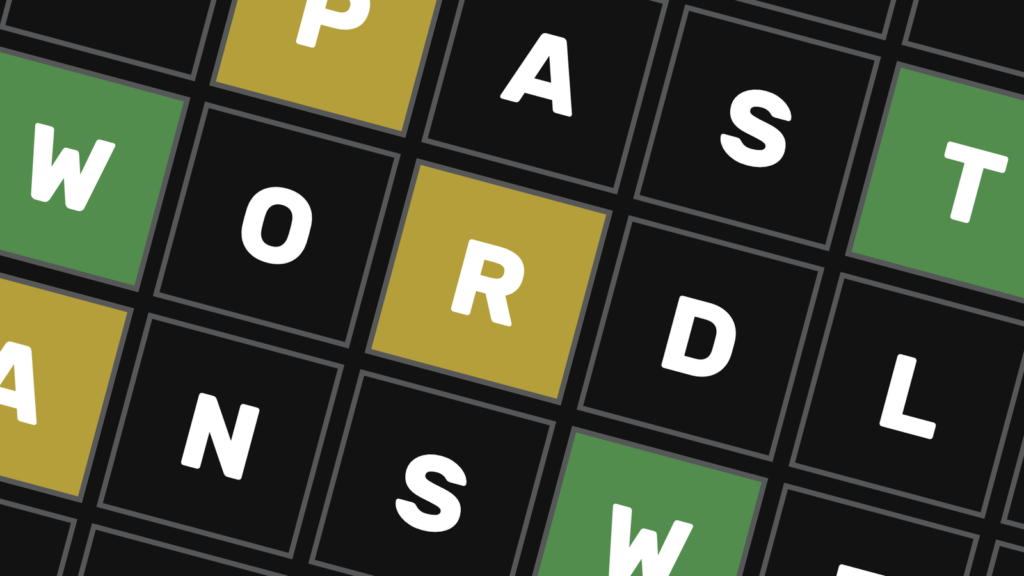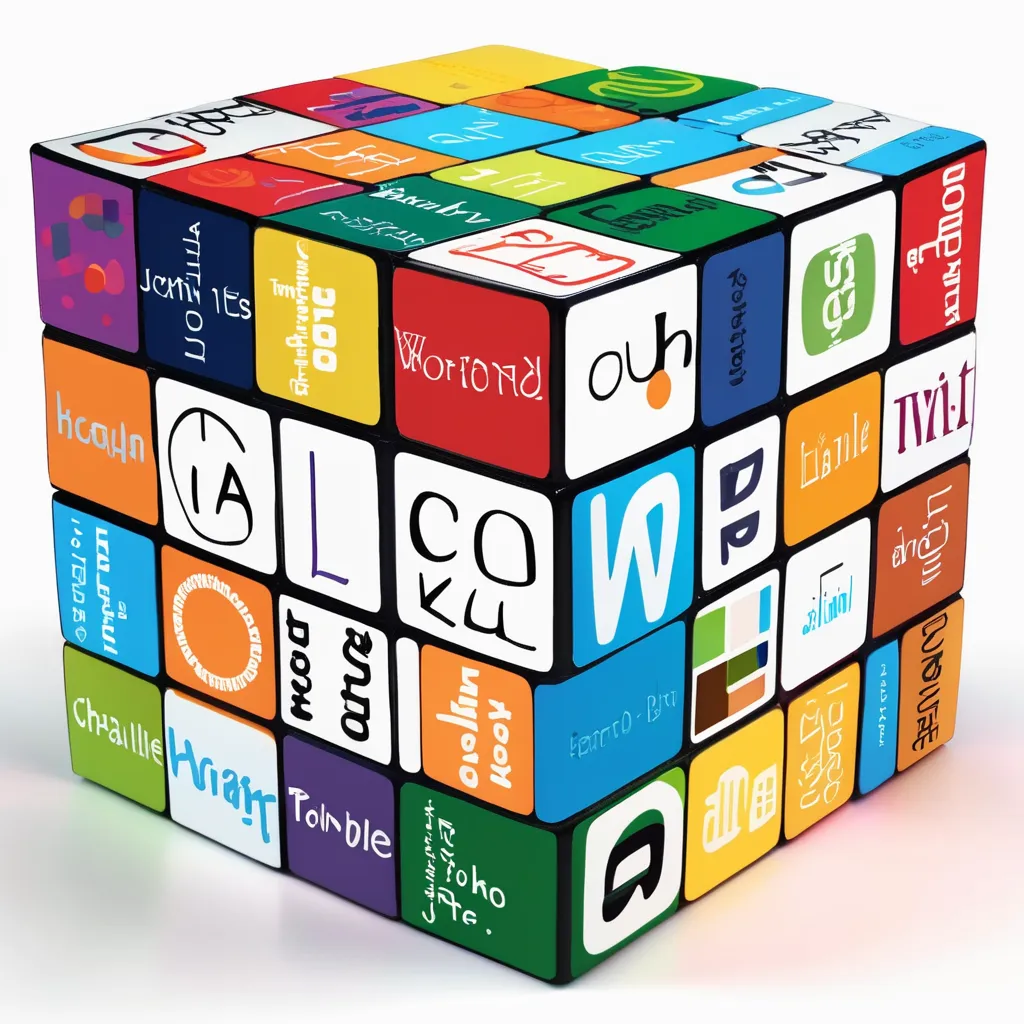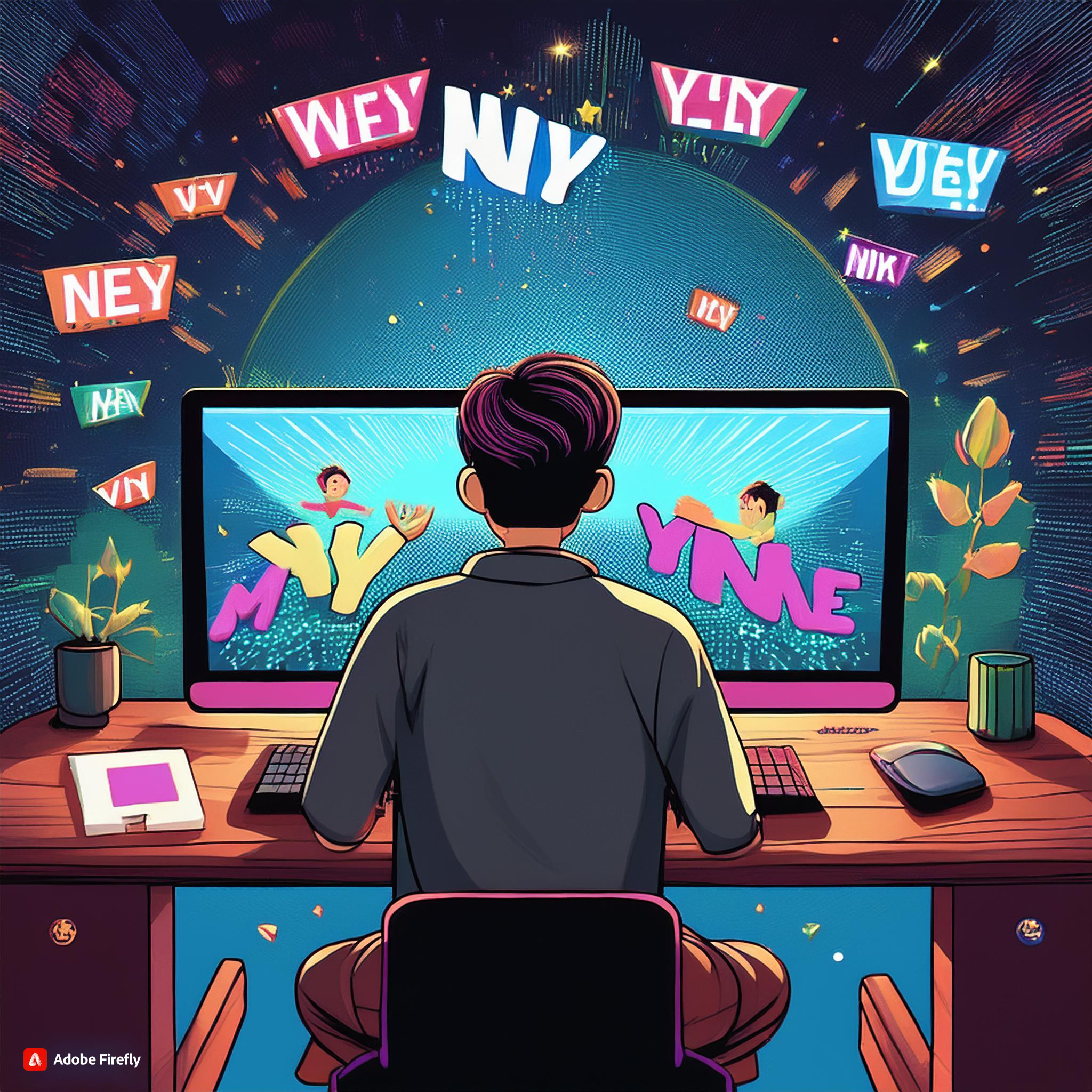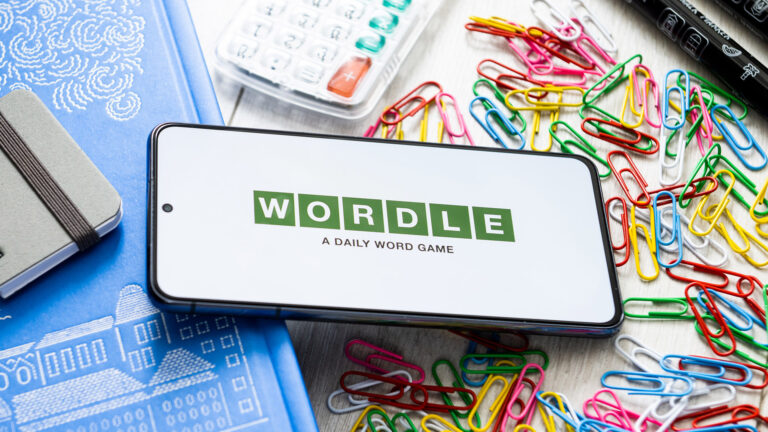Wordle is an online word-guessing game that challenges players to guess a hidden five-letter word within six attempts. Players of the online word-guessing game Wordle’s are tasked with figuring out a concealed five-letter word in six tries. Software developer Josh Wardle developed the game, which was made available to the general public in October 2021. Its straightforward but captivating gameplay and social sharing functionality, which lets users discuss their findings without giving away the solution to others, helped it become incredibly popular.
Table of Contents
2. Game Rules and Mechanics
- Objective : is to correctly guess the “Wordle word,” a five-letter word that is hidden, in six tries.
- Gameplay : The guess made by the players is a term with five letters.
- After each guess, the game provides feedback by coloring the tiles:
- Green: The letter is in the correct position in the Wordl word.
- Yellow: The letter is in the Wordl word but in the wrong position.
- Gray: The letter is not in the Wordle’s word at all.
- Interpretation of the Feedback: Players can reduce the number of options and improve their estimates on subsequent tries by using the color-coded feedback.

3. Game Design and Philosophy
- Minimalistic Design: Wordle’s interface is intentionally simple, with no ads, pop-ups, or distractions, focusing solely on the gameplay experience.
- Daily Word Limit: Each player gets one puzzle per day, which creates a sense of anticipation and makes the game a daily ritual for many.
- Social Sharing: After completing the puzzle, players can share their results on social media, showing their guess patterns and success rate without revealing the Wordle’s word. This feature contributed significantly to the game’s viral success.
4. Strategy and Tips for Playing Wordle
- Start with Vowel-rich Words: Words like “AUDIO,” “ABOUT,” and “ALERT” contain multiple vowels and help narrow down the possibilities early.
- Use Common Consonants: Incorporate common consonants (like R, S, T, L, and N) in your guesses to quickly identify or rule out these frequent letters.
- Adapt Based on Feedback: Use the information from colored tiles to avoid repeating letters that are already ruled out (gray tiles) and to place confirmed letters (green and yellow tiles) in new positions.
- Avoid Rare Letters Early: Letters like Q, Z, X, and J are less common in five-letter words. Save them for later guesses unless the feedback suggests otherwise.
5. Behind the Scenes: How the Word List is Chosen
The list of possible Wordle words is curated to ensure that the words are common and familiar to the general public. This makes the game accessible to a wide audience. Typically, the list avoids obscure, offensive, or overly technical terms. Josh Wardle initially curated the word list with his partner, considering words that are recognizable and fair for daily puzzles.

6. Variations and Spin-offs
Due to Wordle’s success, many variations and spin-offs have emerged, each with its unique twist:
- Absurdle: A version where the word changes to avoid the player’s guesses as much as possible.
- Quordle: Players must solve four Wordle’s grids simultaneously.
- Octordle: An extension of Quordle, where players solve eight grids.
- Worldle: A geography-based variant where players guess countries based on shape clues.
- Nerdle: A math-based version where players guess equations instead of words.
7. Wordle’s Cultural Impact
- Social Media Buzz: Wordle became a sensation on platforms like Twitter, with people sharing their daily results, sparking discussions, and forming communities around the game.
- Language and Wordplay: It has contributed to a renewed interest in word games and puzzles, much like how crosswords and Sudoku did in the past.
- Acquisition by The New York Times: In January 2022, The New York Times acquired Wordle for an undisclosed seven-figure amount, integrating it into their portfolio of puzzle games while promising to keep the game free for users.
8. Psychological Appeal
- Sense of Achievement: The simplicity of the game combined with the challenge of guessing the correct word in a limited number of tries gives players a sense of accomplishment.
- Routine and Habit Formation: The daily nature of the game fosters habits, making it a part of players’ daily routines.
- Community and Sharing: The ability to share results without spoiling the game for others creates a community feel, making it a shared experience among friends and family.

9. Educational Value
Wordle also has educational benefits:
- Vocabulary Enhancement: By playing regularly, players encounter and recall a variety of words, which helps improve vocabulary.
- Pattern Recognition: The game encourages logical thinking and pattern recognition, essential skills in problem-solving.
- Language Learning: Wordle has been used as a tool for learning English as a second language, helping learners with spelling and vocabulary in a fun and engaging way.
10. Wordle Word Lists and Solving Tools
While many players prefer solving Wordles puzzles without any aid, some use word-solving tools or look up Wordles word lists that fit the game’s criteria. These tools and lists can help players understand potential answers and improve their guessing strategies.





